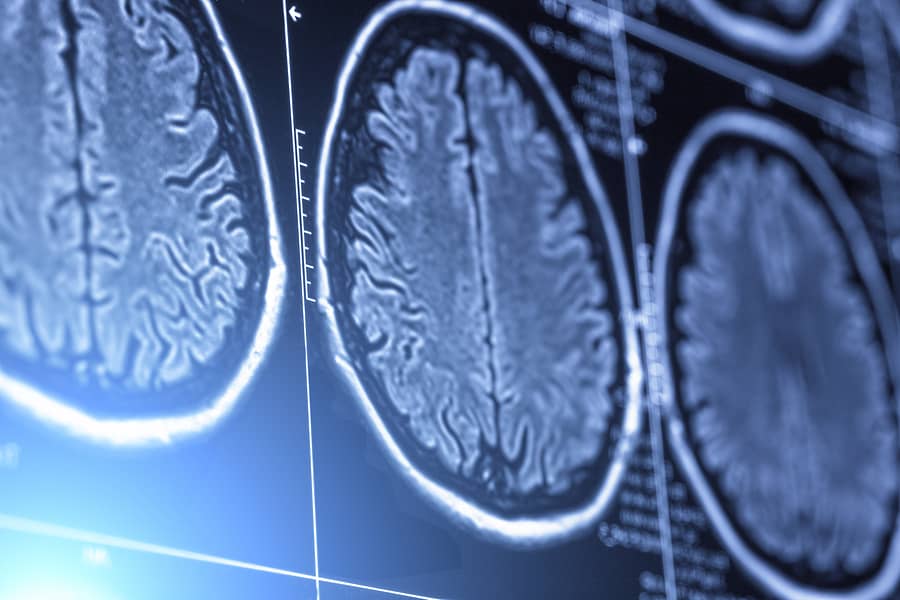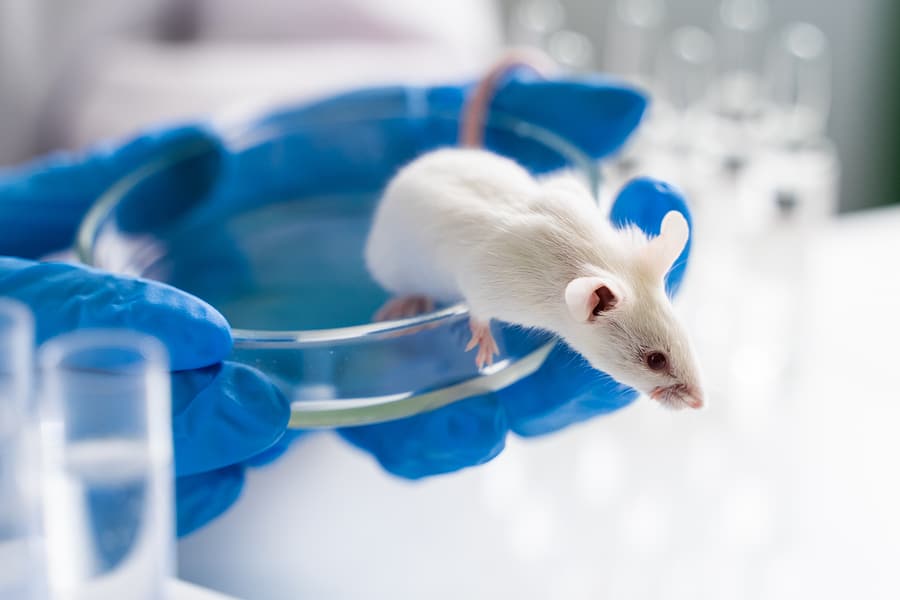A new study published in the Journal of Applied Physiology seems to show that weight training has beneficial effects on the brain (in lab mice.)[1]
Resistance exercise training (also called strength training, or weight training) is believed to have beneficial effects on the cognitive impairment that can precede neuroinflammatory disease.
But, what has not been discovered is why weight training helps.

This study attempted to do just that.
Lab rats with an artificially induced form of cognition impairment were monitored after having performed resistance training exercise. How do you make a rat do weight training? The researchers had the rats perform ladder climbs (for treats) with additional weight resistance.
The rats gained muscle mass and strength – but that was just one benefit.
The researchers found signs of the brain re-generating neurons to fix the cognitive impairment.
It appears that as few as 3 exercise sessions per week provide the beneficial effects on brain function – and seem to restore mental cognition to previous levels.
Rats that had fewer exercise sessions did not see the same benefit, nor did rats that didn’t exercise at all.
Does this apply to humans? and would it apply to a healthy (un-impaired) human brain?
We don’t know for sure – but it is reasonable to think it might.
We recommend strength training as an important component of overall physical fitness, health, and mental well-being.
References
1. Taylor J. Kelty, Todd R. Schachtman, Xuansong Mao, Kolter B. Grigsby, Thomas E. Childs Resistance-exercise training ameliorates LPS-induced cognitive impairment concurrent with molecular signaling changes in the rat dentate gyrus. J Appl Physiol. 2019 Jul 15. doi: https://doi.org/10.1152/japplphysiol.00249.2019.


Tim is the founder of FitAtMidlife.com – an avid gym rat for 30+ years, he’s a reviewer of many, many shoes – and founder of the Speed Bag Gathering – the world’s only gathering of speed bag punching enthusiasts. See more gym reviews at Tim’s YouTube channel.

